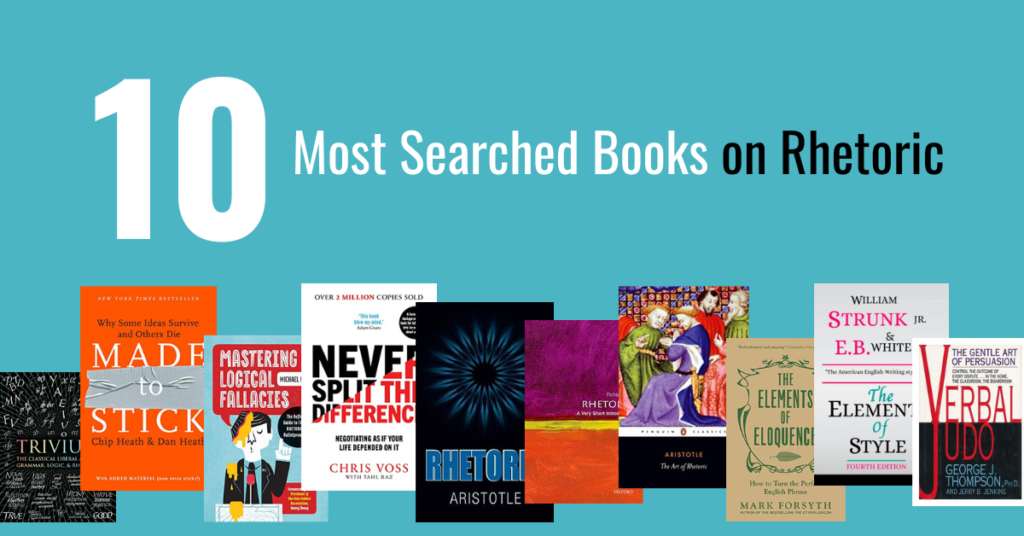
For all of you writers, philosophers, and future lawyers out there, mastering the art of rhetoric is a must. Whether it’s delving into logical fallacies or learning how to properly construct an argument, you’ll be well-acquainted with the principles of rhetoric by the end of your schooling.
Speaking of schooling, any class you take will have a lot of reading. The last thing you want is a poorly written guide on the history and art of rhetoric, especially if you’re building the foundation of this essential skill. To ensure that you are learning the art of rhetoric from the best, take a look at the top 10 books on rhetoric in the market:
 The Art of Rhetoric (Penguin Classics)
The Art of Rhetoric (Penguin Classics)
Why not learn the art of rhetoric from the best? And by the best, we’re referring to one of the founding fathers of rhetoric—Aristotle himself. That’s right. The Art of Rhetoric may be published by Penguin, but the contents are thousands of years old.
Luckily, in the field of rhetoric, no information is too outdated to use. In fact, learning directly from celebrities in the world of rhetoric is essential to understanding and then practicing rhetoric. In only a few hundred pages, Aristotle establishes the methods of reasoning, which would go on to influence Western culture for the rest of history.
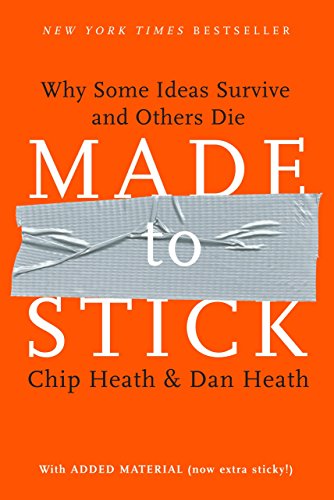 Made to Stick: Why Some Ideas Survive and Others Die
Made to Stick: Why Some Ideas Survive and Others Die
If you’ve ever asked yourself, “Why do some ideas survive and others die?” do we have the book for you! Chip and Dan Heath’s book is built around that very inquiry. You’ll dive into the nature of communication through a series of witty and thorough explanations.
If you’re curious about how public figures and teachers alike have trouble making ideas “stick,” you’ll enjoy learning through historical and present-day examples.
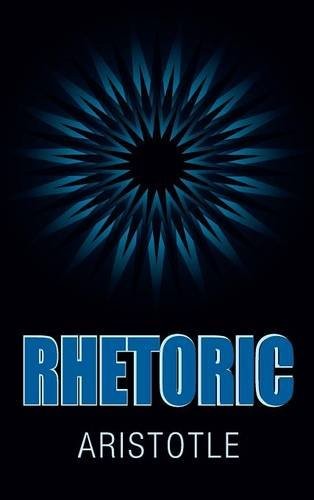 Rhetoric
Rhetoric
The aptly named Rhetoric by Aristotle is yet another historical milestone in the world of rhetoric. Throughout this book, you’ll learn about the art of persuasion, particularly through speech. Aristotle lays the framework for both emotional and rational arguments along with the power of imitation.
Learning rhetoric means studying the classics, and Rhetoric is certainly a classic. If you remember any works from this list, hopefully Rhetoric itself will stick with you.
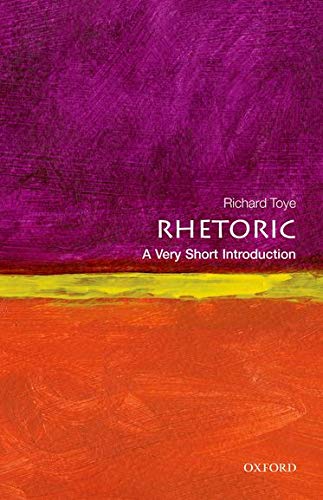 Rhetoric: A Very Short Introduction (Very Short Introductions)
Rhetoric: A Very Short Introduction (Very Short Introductions)
Imagine the centuries of rhetoric that came before you, set in motion by minds like Plato and Aristotle. Now imagine all that history condensed into less than 200 pages.
Thanks to Richard Toye’s self-proclaimed Very Short Introduction to rhetoric, you’ll learn about the history and purpose of rhetoric dating back to ancient Greece. Not only that, but you’ll be also able to draw connections to rhetoric in everyday life.
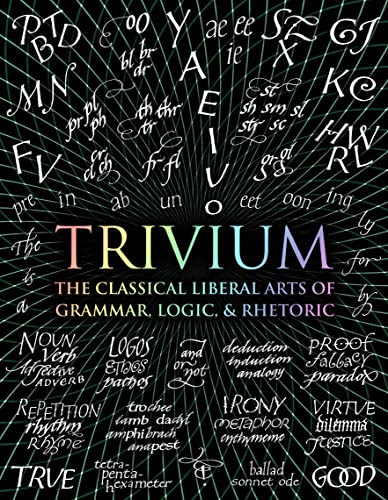 Trivium: The Classical Liberal Arts of Grammar, Logic, & Rhetoric (Wooden Books)
Trivium: The Classical Liberal Arts of Grammar, Logic, & Rhetoric (Wooden Books)
According to its author, Trivium encompasses three major branches of critical thought within classical Greece- logic, rhetoric, and grammar. Again, this book is goes into depth about the classical foundation of rhetoric.
Additionally, this book is a bundle of six titles all drawing from centuries-old knowledge. Reviews rave about the good quality of the books themselves and the content.
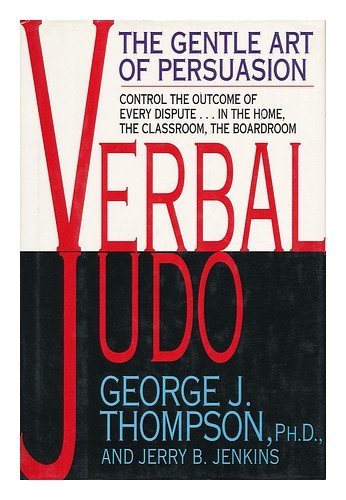 Verbal Judo
Verbal Judo
As you can tell, the Verbal Judo is not as formal as the works of Aristotle. This more contemporary take on rhetoric incorporates both martial arts and the art of persuasion. You’ll learn all about communicating effectively and persuasively in common language.
The author, George Thompson, clearly addresses the frustrations of miscommunication and how to overcome them. Rather than trudging through the classic works of Aristotle, you’ll be reading about rhetoric in modern terms.
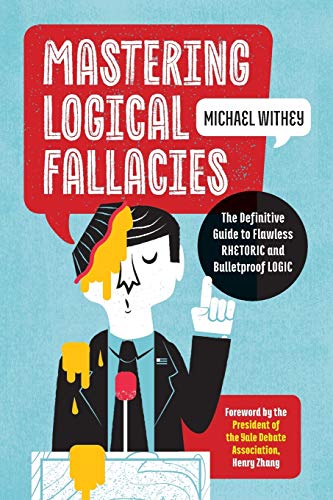 Mastering Logical Fallacies: The Definitive Guide to Flawless Rhetoric and Bulletproof Logic
Mastering Logical Fallacies: The Definitive Guide to Flawless Rhetoric and Bulletproof Logic
Do you ever find yourself leaving an argument feeling like you didn’t voice your thoughts properly? That you didn’t support your point well enough, even though you have knowledge on the topic? That’s where this book will come in handy.
Michael Withey and Henry Zhang have a clear breakdown of common mistakes in arguments along with how to correctly construct an argument. This book will guide you through how to communicate effectively in real life on a day-to-day basis rather than dive into the history of rhetoric itself.
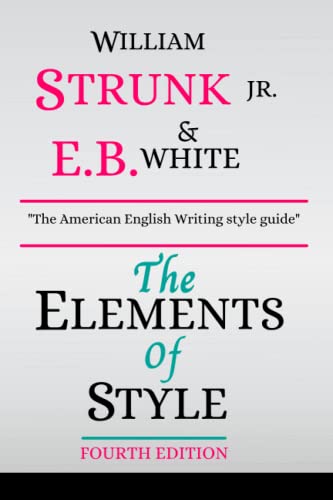 The Elements of Style
The Elements of Style
by William Strunk Jr., E. B. White
A well-known book in the world of rhetoric, The Elements of Style has a unique tone and enough wit to set it apart from other literature. Authored by William Strunk Jr. and E.B. White, this “little book” thoroughly addresses the rules of composition, tips, and tricks in rhetoric.
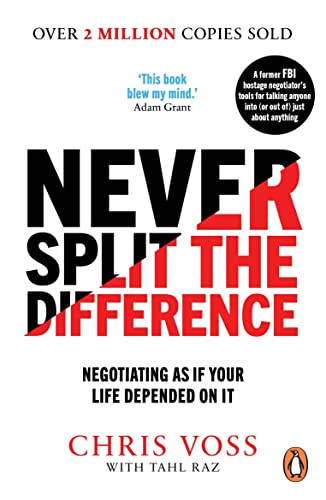 Never Split the Difference: Negotiating as if Your Life Depended on It
Never Split the Difference: Negotiating as if Your Life Depended on It
Who better to teach about negotiating than an FBI hostage negotiator? Chris Voss has years of experience in this profession as the nation’s lead international kidnapping negotiator.
In this book, Voss explains the skillset and the nine principles that guide him in high-stakes hostage negotiating. Never Split the Difference goes into depth about strategies in negotiating that have been tried and tested in real life.
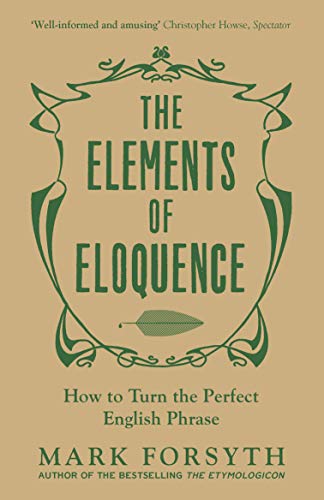 The Elements of Eloquence
The Elements of Eloquence
The Elements of Eloquence by Mark Forsyth is both an educational and entertaining text. You’ll go into detail about dozens and dozens of rhetorical terms, learning about both the definitions and examples.
In 39 chapters, you’ll master everything from hypotaxis to prolepsis, setting the foundation for all other literature on rhetoric you’ll have to learn to master logic and arguments. You’ll find yourself rather more eloquent than before.
Conclusion
Tired of losing arguments? Interested in learning about logical fallacies and the structure of arguments from the forefathers of rhetoric? This list covers both ends of the spectrum.
And through BookScouter, you can easily find and compare prices for all of these books. You don’t have to debate whether you should buy the work of Aristotle or that of an FBI hostage negotiator – you can get both!




